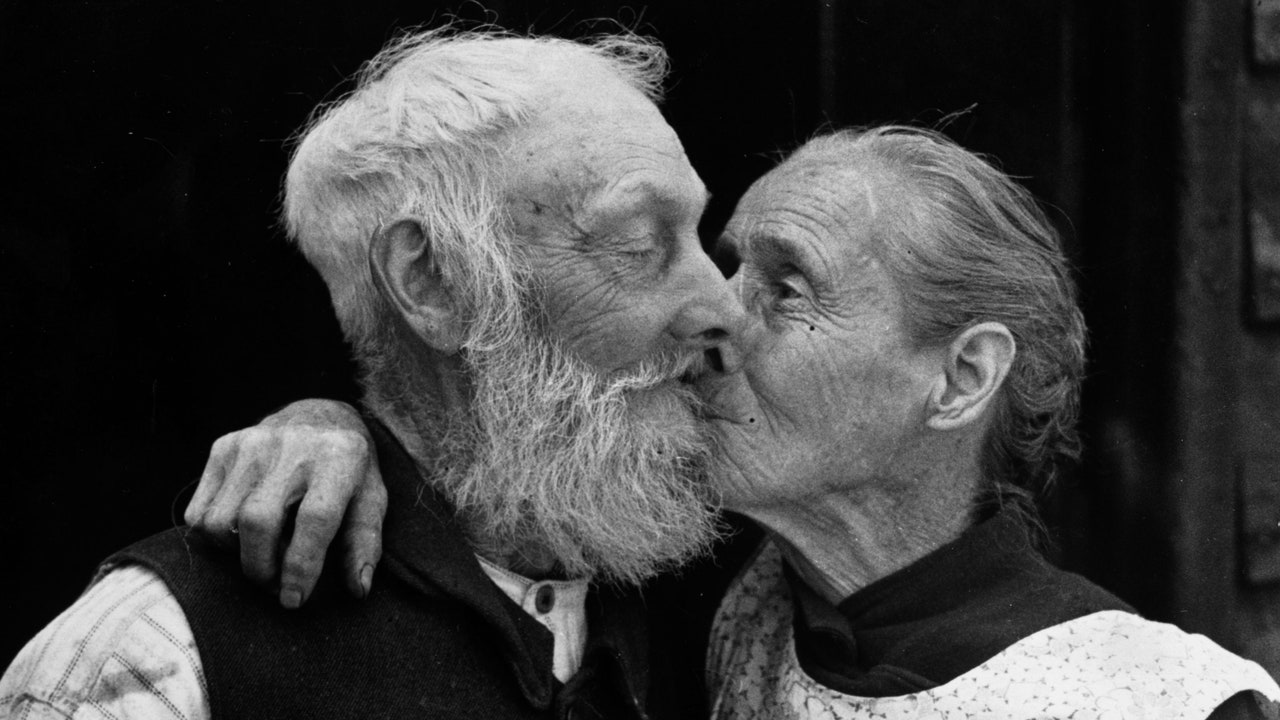There’s a well-known line in Tolstoy’s Anna Karenina: “All completely happy households are alike; every sad household is sad in its personal manner.” The e-book is fiction, however some psychologists argue that completely happy {couples} actually do have one thing in widespread: they observe the 5:1 components. In line with this idea, for each unfavorable interplay that happens throughout an argument—akin to being crucial, dismissive, or defensive—there needs to be 5 or extra constructive interactions.
The Gottman Institute notes that the easy rule was conceived by psychologists John M. Gottman and Robert W. Levenson, who started finding out {couples} again within the Seventies by asking them to resolve a disagreement inside a brief window of time. By observing how they approached resolving arguments, they got here to foretell with greater than 90% accuracy which of the {couples} would keep collectively and which might divorce. They concluded that sustaining a sure variety of constructive interactions throughout moments of battle is the key to a secure and lasting relationship, and that it takes at the very least 5 constructive interactions to beat one unfavorable one.
In line with Dr. Gottman, arguments are inevitable in all marriages—together with wholesome ones—however each events ought to endeavor to shortly restore issues. “Anger solely has unfavorable results in marriage whether it is expressed together with criticism or contempt, or whether it is defensive,” Gottman explains in his 1994 e-book Why Marriages Succeed or Fail: And How You Can Make Yours Final.
Dr. Gottman outlined easy interactions that may assist {couples} to understand each other even in moments of disagreement, and may serve to strengthen a relationship over time. Under, an outline:
Exhibiting curiosity
When your companion complains about one thing, do you pay attention? Are you interested in precisely why they’re so upset? Exhibiting curiosity by asking follow-up questions, or by means of physique language, is a straightforward technique to make them really feel heard, and reassure them you take the issue critically.
Expressing affection
Inside a dialogue, expressions of affection and bodily and verbal closeness cut back stress—it lets the opposite individual know you’re finally going to resolve the issue collectively.
Making small—however significant—gestures
In line with specialists on the Gottman Institute, small gestures of consideration and demonstrations of affection, when repeated over time, have a constructive affect on a relationship. They’re “buffer” alerts that rely in the direction of these all-important constructive interactions throughout a disagreement.
Specializing in widespread floor
Emphasizing the factors that you simply do agree on throughout an argument will assist you to to resolve issues extra swiftly.
Empathizing and apologizing
Empathy is without doubt one of the deepest types of human connection, a manner of constructing one other individual really feel understood and cherished. Hold this in thoughts whenever you and your important different disagree.
Accepting the opposite individual’s perspective
You possibly can acknowledge one other individual’s totally different standpoint with out essentially agreeing with it. It’s a technique to make the opposite individual really feel revered.
Sharing a joke
Playful teasing might help to ease the strain, even in a heated argument.


